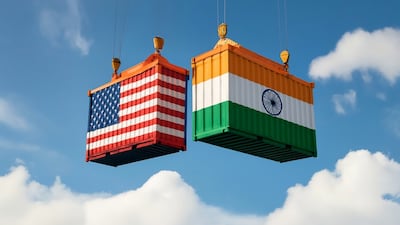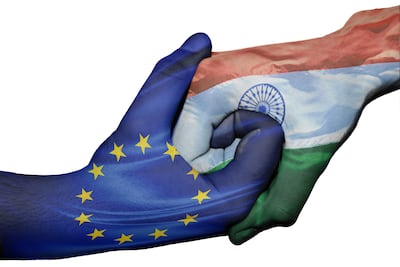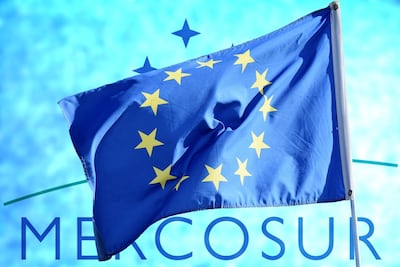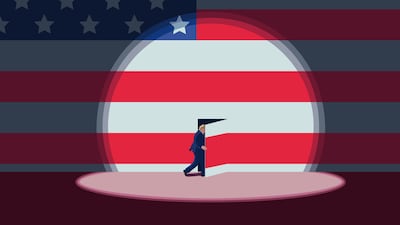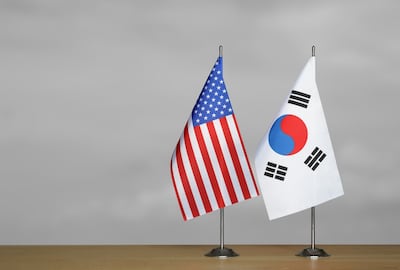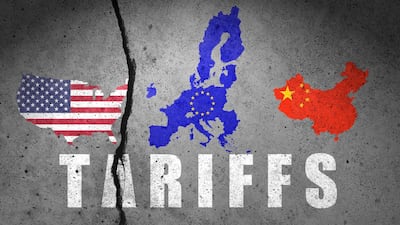Tariffs
The US-India dance around pharma goes on as they announce a trade deal framework that continues to exempt generics from the reduced 18% tariffs till a “negotiated outcome” is reached post a Sec. 232 investigation. However, oil imports from US could increase costs for Indian pharma firms
The US-India dance around pharma goes on as they announce a trade deal framework that continues to exempt generics from the reduced 18% tariffs till a “negotiated outcome” is reached post a Sec. 232 investigation. However, oil imports from US could increase costs for Indian pharma makers
Even though the ink has long dried on the US-South Korea trade deal, new threats have prompted Celltrion to reiterate its “fundamental solution” to tariff concerns.
Conclusion of India-EU talks sets ground for a free trade agreement to cut pharma tariffs, in turn lowering the cost for novel drugs like Novo’s obesity treatment Wegovy, though an investment protection agreement – likely influencing data exclusivity – will be concluded later.
An India-EU trade deal sets ground for a free trade agreement to lower tariffs on pharma, though an investment protection agreement – likely influencing data exclusivity – will be concluded later. Will the US now reconsider its India tariffs?
Two major EU trade agreements are on hold, with ramifications for the pharmaceutical market.
Generics Bulletin reviews the first year of Trump 2.0 and its impact on the off-patent sector, which was marked by both favorable and less beneficial movements by US president Donald Trump and his administration.
Korean biopharma firms are bracing for the impending US tariffs on pharmaceuticals and taking different approaches to tackle the situation.
EY's Arda Ural joins In Vivo to discuss the long-awaited recovery in biotech IPOs, the evolving capital markets landscape and how tariffs and TrumpRx are reshaping biopharma supply chains.
Sun’s specialty gambit reaps gains with US sales surpassing generics for the first time in Q2 FY26, but will it finally enter the fray for biosimilars as the US moves to simplify regulatory requirements in the segment?
Sun’s specialty gambit reaps gains with US sales surpassing generics for the first time in Q2 FY26, but will it finally enter the fray for biosimilars as the US moves to simplify regulatory requirements in the segment?
Sandoz’s CEO used the firm’s latest results call to highlight “trade distortion” in the pencillins market as a result of US tariffs, urging European authorities to take action to reduce the region’s “geopolitical exposure” and safeguard the long-term sustainability of European-produced penicillins.
